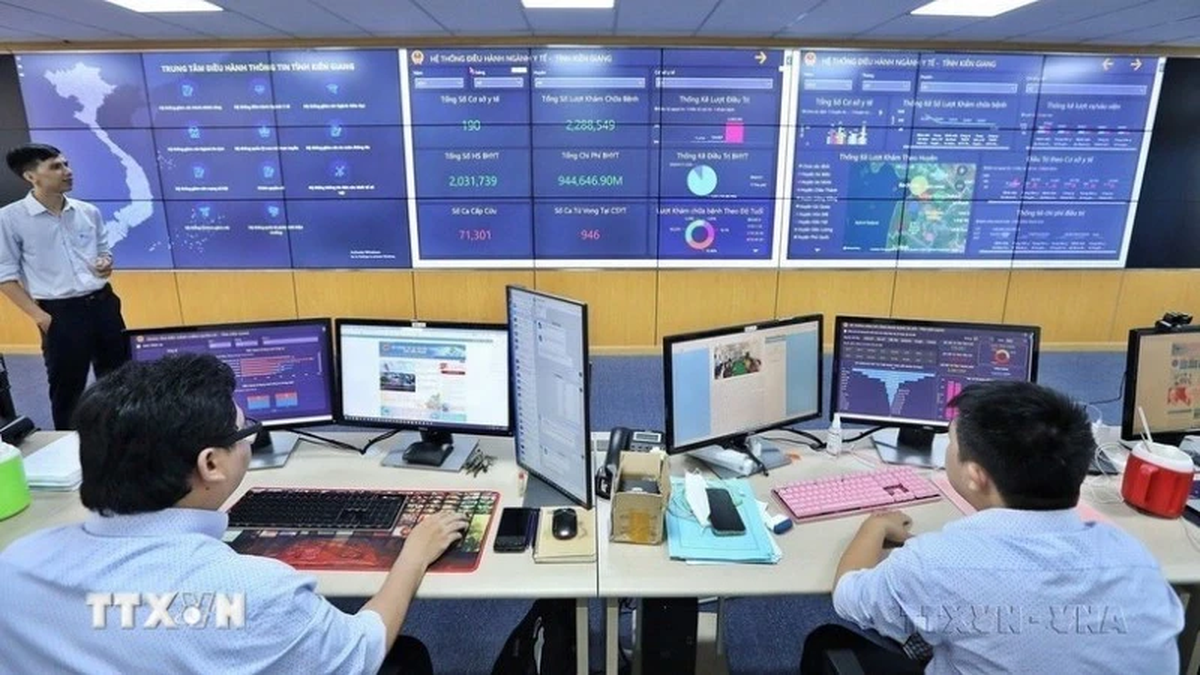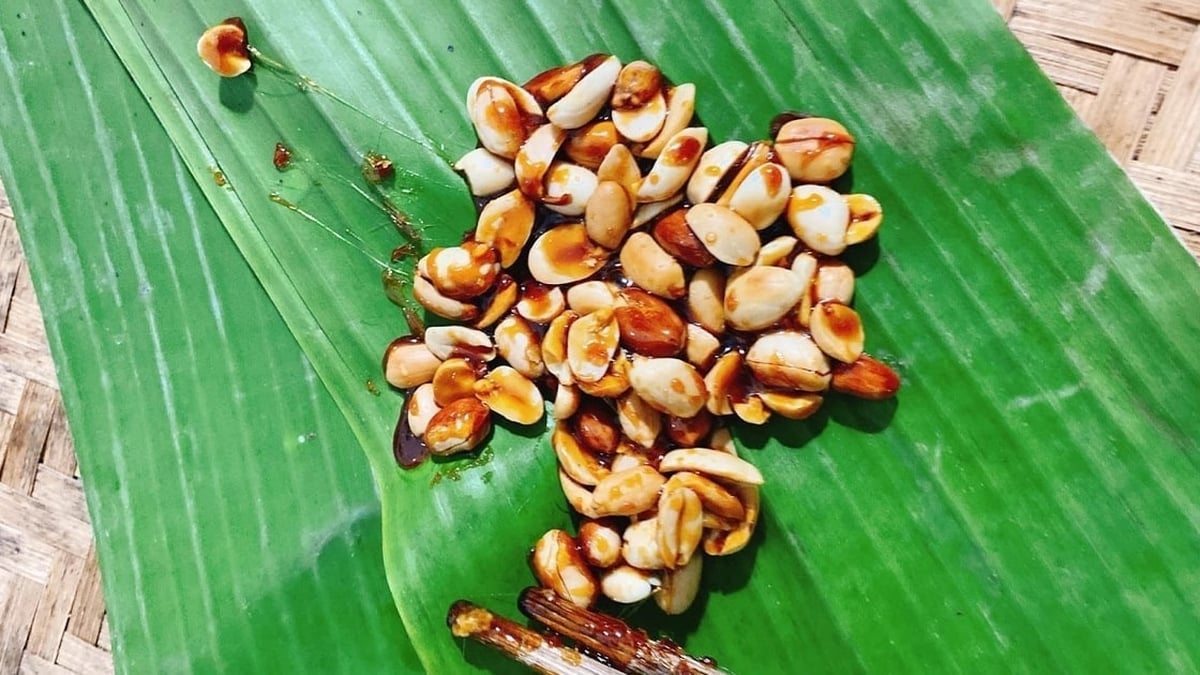In the first 7 months of 2024, the country exported 964,000 tons of coffee, with a turnover of 3.54 billion USD, down 13.8% in volume, but up 30.9% in turnover over the same period last year.
The latest report from the Ministry of Agriculture and Rural Development shows that in July 2024, Vietnam exported 62 thousand tons coffee, bringing in 340 million USD. Accumulated in 7 months of 2024, the whole country has export 964 thousand tons of coffee, turnover of 3.54 billion USD, down 13.8% in volume, but soaring 30.9% in turnover over the same period last year.

According to the Vietnam Coffee and Cocoa Association (VICOFA), Vietnam currently has only about 148,000 tons of coffee left to export in the remaining 2 months of the 2023/2024 crop year (from August to the end of September), until the new crop year begins to be harvested in October this year. Coffee exports are looking forward to the new harvest year and it is forecasted that the whole year's coffee exports could set a record of 5.5 - 6 billion USD...
Vietnamese coffee is currently very "hot" because of the scarce supply, and "big guys" like Germany, Italy, and Japan are always "hunting" for this agricultural product. Because of the limited supply, Vietnamese coffee is very valuable. In early July, Hungary bought Vietnamese coffee at a very high average price of more than 6,800 USD/ton, or Israel bought at nearly 6,100 USD/ton.
According to the Chairman of VICOFA, import prices for markets such as Spain, Russia, the US, Indonesia, the Philippines, the Netherlands, China, etc. have increased by about 30% compared to last year. Therefore, these markets are all in the group of Vietnamese coffee export markets with a turnover of 100 million USD.
In the derivatives market, according to the latest update from the Vietnam Commodity Exchange (MXV) on the morning of August 5, closing the last trading week, Robusta coffee prices decreased for the third consecutive week, losing 1.74% compared to the reference, reaching 4,227 USD/ton. Meanwhile, Arabica coffee prices fluctuated and increased slightly by 0.11% compared to the previous week, reaching 5,081.65 USD/ton. The strong increase in the USD/BRL exchange rate continued to be the main pressure on coffee prices.
MXV analyzed that the weakening of the Brazilian real has caused the USD/BRL exchange rate to increase by 1.27%, reaching a two-and-a-half year high. The high exchange rate helps stimulate the psychology of increasing coffee sales among Brazilian farmers due to the increase in foreign currency earned. This leads to expectations of increased supply in the market, thereby putting pressure on prices.
However, concerns about shrinking supplies in major producing countries are limiting the decline in prices. In Brazil, the world’s largest coffee exporter, coffee farmers are concerned about the outlook for the 2024 crop. Most coffee growers expect this year’s crop to be worse than in the previous survey, according to the Coffee Trade Institute (CTA). Robusta production is expected to fall by about 11% compared to last year, as coffee plants are more affected by hot, dry weather, affecting the bean formation process.

In addition, Cooxupe, Brazil’s largest coffee producer and exporter, said that major coffee-producing regions recorded temperatures at least 2 degrees Celsius higher than normal and nearly 50 percent of the area was suffering from water shortages. This could lead to defoliation of plants and other pests, which could negatively affect the 2025 coffee harvest.
At the end of the last trading week, Robusta coffee prices decreased for the third consecutive week, losing 1.74% compared to the reference. Meanwhile, Arabica coffee prices fluctuated and increased slightly by 0.11% compared to the previous week. The strong increase in USD/BRL exchange rate continued to be the main pressure on coffee prices.
The weakening of the Brazilian real has pushed the USD/BRL exchange rate up 1.27% to a two-and-a-half year high. The higher exchange rate has helped stimulate the psychology of Brazilian coffee farmers to increase sales as they earn more foreign currency. This has led to expectations of increased supply in the market, thereby putting pressure on prices.
Still, concerns about shrinking supplies in major producing countries are limiting the decline in prices. In Brazil, the world’s largest coffee exporter, coffee farmers are concerned about the outlook for the 2024 crop. The Coffee Trade Institute (CTA) said most coffee growers expect this year’s crop to be worse than in the previous survey. Robusta production is expected to fall by about 11% compared to last year, as coffee plants are more affected by hot, dry weather that affects bean formation.
In addition, Cooxupe, Brazil’s largest coffee producer and exporter, said that major coffee-producing regions recorded temperatures at least 2 degrees Celsius higher than normal and nearly 50 percent of the area was suffering from water shortages. This could lead to defoliation of plants and other pests, which could negatively affect the 2025 coffee harvest.
Source



























![[Photo] National Assembly Chairman Tran Thanh Man visits Vietnamese Heroic Mother Ta Thi Tran](https://vphoto.vietnam.vn/thumb/1200x675/vietnam/resource/IMAGE/2025/7/20/765c0bd057dd44ad83ab89fe0255b783)







































































Comment (0)